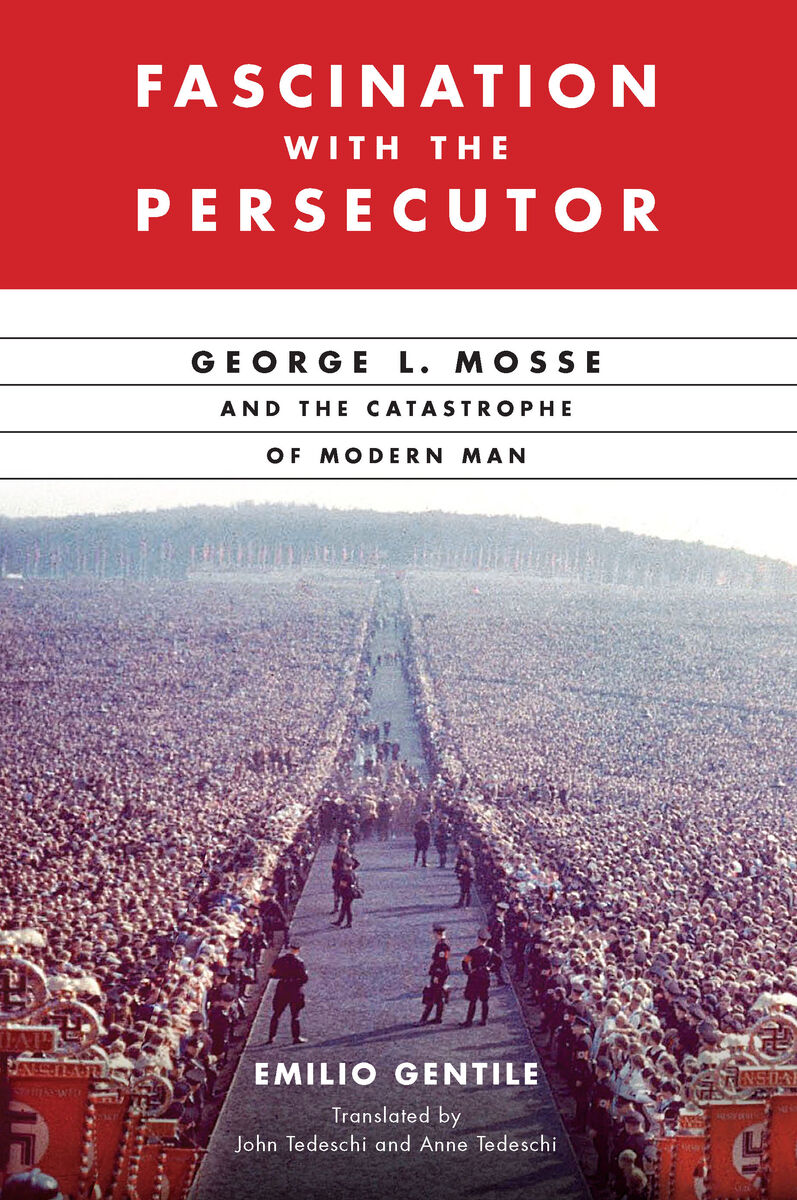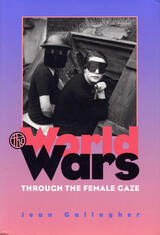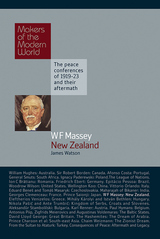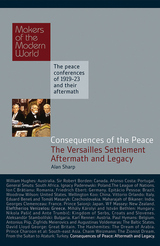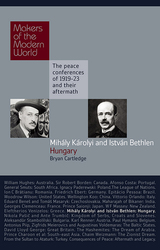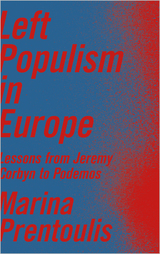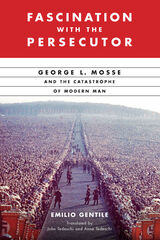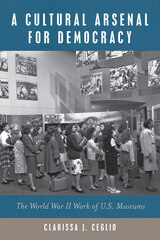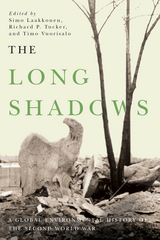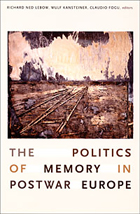Fascination with the Persecutor: George L. Mosse and the Catastrophe of Modern Man
University of Wisconsin Press, 2021
eISBN: 978-0-299-33433-8 | Cloth: 978-0-299-33430-7
Library of Congress Classification D726.5.G4613 2021
Dewey Decimal Classification 940.507202
eISBN: 978-0-299-33433-8 | Cloth: 978-0-299-33430-7
Library of Congress Classification D726.5.G4613 2021
Dewey Decimal Classification 940.507202
ABOUT THIS BOOK | AUTHOR BIOGRAPHY | REVIEWS | TOC | REQUEST ACCESSIBLE FILE
ABOUT THIS BOOK
In 1933, George L. Mosse fled Berlin and settled in the United States, where he went on to become a renowned historian at the University of Wisconsin–Madison. Through rigorous and innovative scholarship, Mosse uncovered the forces that spurred antisemitism, racism, nationalism, and populism. His transformative work was propelled by a desire to know his own persecutors and has been vital to generations of scholars seeking to understand the cultural and intellectual origins and mechanisms of Nazism.
This translation makes Emilio Gentile’s groundbreaking study of Mosse’s life and work available to English language readers. A leading authority on fascism, totalitarianism, and Mosse’s legacy, Gentile draws on a wealth of published and unpublished material, including letters, interviews, lecture plans, and marginalia from Mosse’s personal library. Gentile details how the senior scholar eschewed polemics and employed rigorous academic standards to better understand fascism and the “catastrophe of the modern man”—how masculinity transformed into a destructive ideology. As long as wars are waged over political beliefs in popular culture, Mosse’s theories of totalitarianism will remain as relevant as ever.
This translation makes Emilio Gentile’s groundbreaking study of Mosse’s life and work available to English language readers. A leading authority on fascism, totalitarianism, and Mosse’s legacy, Gentile draws on a wealth of published and unpublished material, including letters, interviews, lecture plans, and marginalia from Mosse’s personal library. Gentile details how the senior scholar eschewed polemics and employed rigorous academic standards to better understand fascism and the “catastrophe of the modern man”—how masculinity transformed into a destructive ideology. As long as wars are waged over political beliefs in popular culture, Mosse’s theories of totalitarianism will remain as relevant as ever.
See other books on: 1918-1945 | Historians | Men's Studies | Social Scientists & Psychologists | Western
See other titles from University of Wisconsin Press
